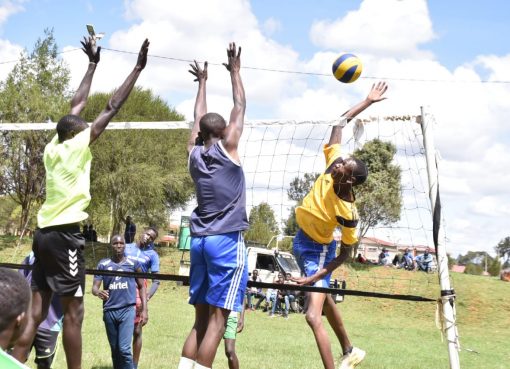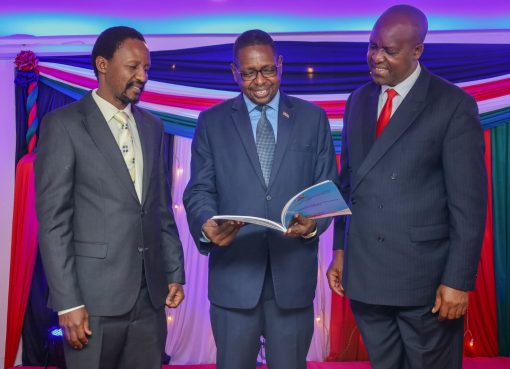Parents and religious leaders in Garissa have been urged to have frequent dialogues with their teenage children on sexual reproductive activities to help reduce teenage pregnancies in the county.
Speaking during celebrations to mark World Population Day held at a Garissa hotel, the National Council for Population Development (NCPD) North Eastern Coordinator Moses Ouma said that some of the teen pregnancies in the region were a result of harmful cultural practises that needed to be stopped.
“Garissa, just as other counties in the northern region, is faced with a myriad of challenges ranging from early marriages, Female genital mutilation and teen pregnancies to poverty. With devolution, we are trying to open an avenue where we can open the thinking of girls in this region to make informed decisions on what is important for them,” Ouma said.
“The government is aiming to bring teen pregnancies to zero by 2030, and that is why we have had a girl-to-girl dialogue here today so that we can focus on the solutions for the challenges they are facing,” he added.
Victor Onyango from Inuka Success, a non-governmental organisation that was one of the sponsors of the event, called on the people to embrace the use of family planning methods to curb teen pregnancies and also help in child spacing to give mothers’ bodies time to heal and be ready for other pregnancies.
Onyango said that the parents should not close their ears and pretend that their children are not engaging in sexual activities, but rather sit down with them and guide them on safe practises to protect them from sexually transmitted diseases and unwanted pregnancies.
“It cannot be that there are contraceptives to help people and yet they are not being used. This is as a result of gender norms, especially where women are not allowed to visit clinics for antenatal care or for family planning because of patriarchal reasons,” Onyango said.
“As long as these girls are under 18 years old, even if they are married, they are still teens and their bodies are not ready for pregnancies,” he added.
Deman Dagane, a stakeholder during the event, called on young girls and women to come together and find solutions to the challenges of teen pregnancies and low use of contraceptives, since they are mostly the victims.
“We have come to this dialogue because we know what we are going through and we can have great input on the solutions to bring about change. This meeting gives us a chance to sit together and share our experiences and find a way to solve the challenges each one of us is going through,” Deman said.
According to the Kenya Demographic and Health Survey Report 2023, teenage pregnancies in the country now stand at 14.8 percent and the government hopes to reduce them to zero percent by 2030.
A report by the National Council for Population Development (NCPD) released in 2021 indicates that teen pregnancies are strongly linked to poverty, with low income levels associated with higher teen birth rates.
NCPD stated that due to poverty, some girls are compelled by circumstances, and in some cases by their parents, to engage in sexual activities as a source of income for the family to cater to their basic needs.
“Children who have suffered parental neglect or who come from broken homes are more likely to become teenage parents. Further, those who themselves are children of teenage mothers have a higher chance of giving birth before they reach age 20. In some communities, girls are married off at the young age of ten, making it a major contributor to teenage pregnancies in Kenya,” the report reads in parts.
By Erick Kyalo





